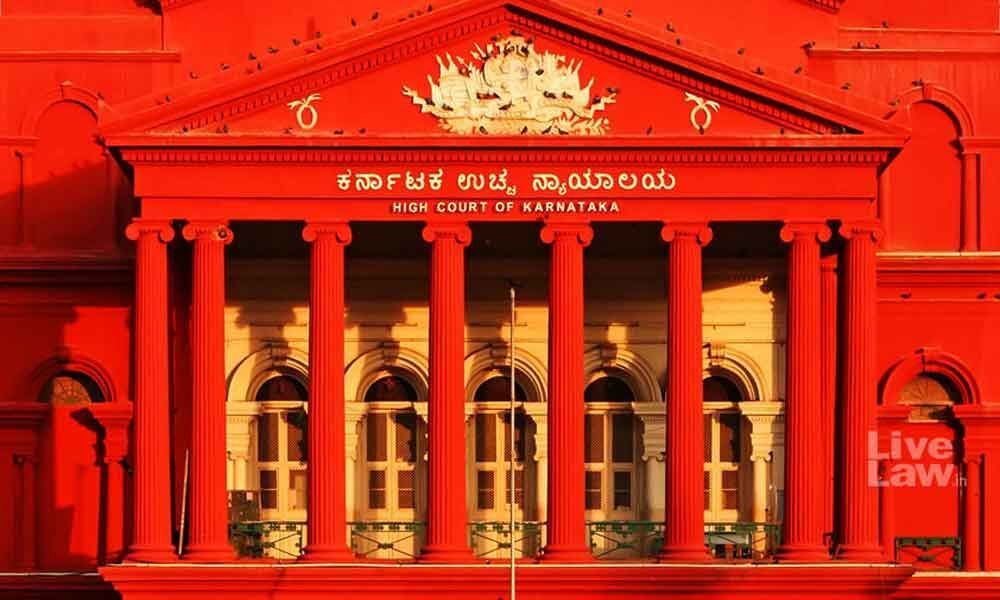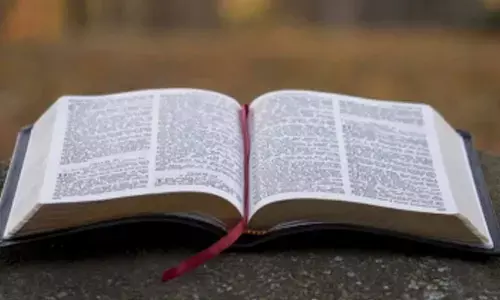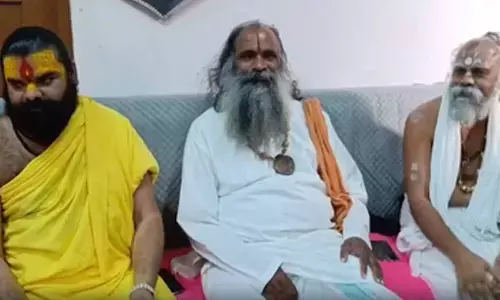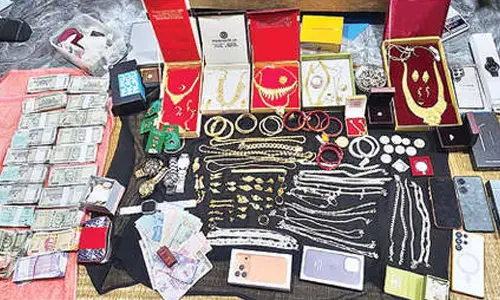Gauhar Aziz Khomani released as per HC orders

Khomani was produced under body warrant before the trial court and was taken into custody on April 3, 2012 said the bench.
BENGALURU: The release of Gauhar Aziz Khomani the one who has been convicted of being in connection with the 2010 Chinnaswamy stadium blasts, has been ordered by the High Court.
On April 17, 2010, during the scheduled IPL match at M Chinnaswamy Stadium, two bombs exploded. A few security personnel and staff were injured in the blasts and public property was damaged. Later, a few more live bombs were found at the stadium.
A division bench which was comprised of Justice John Michael Cunha and Justice HT Narendra Prasad who directed after observing that Khomani had already spent seven years in custody, which is the maximum period of punishment that has been awarded to him by the trial court in connection with five blast-related cases.
On the 9th of July, 2018, Khomani, from the district of Darbhanga in Bihar, was convicted in five blast-related cases and the trial court had imposed a seven-year jail term, (six years of simple imprisonment and one-year rigorous imprisonment) along with a fine of Rs 50,000 each after finding him guilty under the provisions of Unlawful Activities Prevention Act and various IPC sections.
Khomeini was produced under body warrant before the trial court and was taken into custody on April 3, 2012 said the bench. Regarding several cases though he was subsequently transferred to other jails, his custody was continuing with the trial court until the termination of proceedings, it added.
The bench has further observed, "There is nothing on record to show the appellant was enlarged on bail or was released in any of the above cases during the pendency of trial. Under the above circumstances, it is deemed the legal custody of the appellant continued with the trial court. As such the appellant is entitled to set off the period of custody undergone by him as under-trial prisoner in each of the above cases."
Khomani had approached the court contending that according to the order, the sentences have to run concurrently and as he had already spent more than seven years in jail which is the maximum punishment that has been awarded by the trial court, he is entitled for release. The fine amount imposed by the trial court was also claimed to have been paid.




















